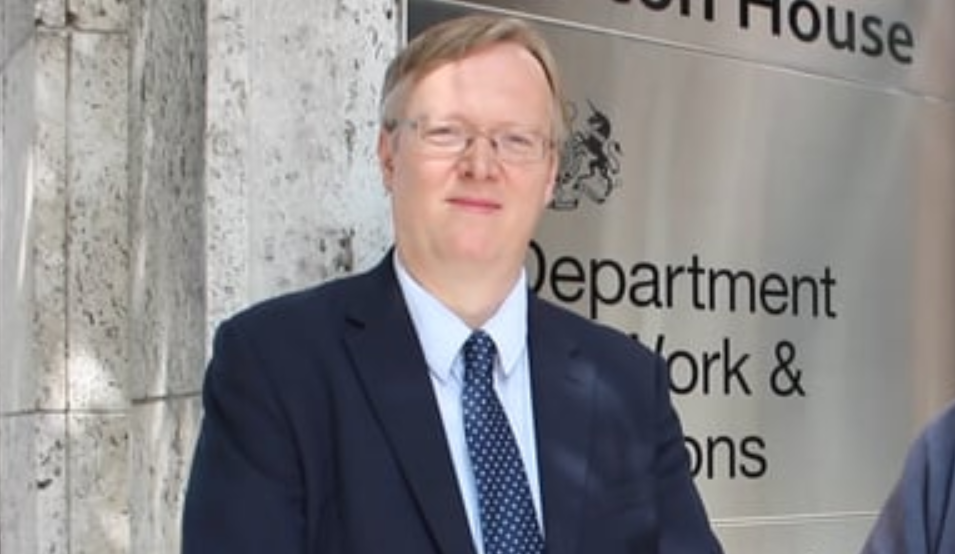David Buxton, former director at the BDA, yesterday submitted evidence to the Queen’s Bench Division of the High Court about the impact of the cap on his ability to do his job, alongside evidence from the BDA about the wider impact on Deaf individuals. The case is being funded by the Equality & Human Rights Commission and David is represented by Anne-Marie Jolly of Deighton Pierce Glynn. The case was brought with support from the Inclusion London Disability Justice Project.
The cap was introduced in October 2015 for new claimants, to be rolled out to all claimants by April 2018, and limits Access to Work awards at one and a half times the national average salary. This means, for many individuals such as David, an Access to Work award will only cover a professional Sign Language interpreter for around three days a week, drastically decreasing access in the workplace.
According to Department of Work and Pensions figures, deaf people are overwhelmingly disproportionately affected by the cap, with around 80% of all claimants affected being Deaf BSL users. It is estimated that for every £1 awarded by Access to Work, £1.48 is returned to the treasury in taxes. The Access to Work scheme creates professional work for interpreters and palantypists, who also contribute back to the treasury through taxation.
“David BuxtonThis case is being brought because the government has made the decision to limit my career by denying me the funds to pay for the linguistic access I need to be able to fulfil my job

David said, “This case is being brought because the government has made the decision to limit my career by denying me the funds to pay for the linguistic access I need to be able to fulfil my job. Access to Work is a fantastic grant which allows people with disabilities to remain in employment. For me as a Deaf person, and a CEO, this means using professional Sign Language interpreters at high level meetings with various authorities, policy makers, staff and members. The impact of Access to Work is far-reaching and extremely extensive. Awarding Access to Work makes sense, a cap on Access to Work awards doesn’t.”
Chair of the BDA, Terry Riley OBE, said, “Access to Work has been the catalyst for breaking down the glass ceiling for Deaf and disabled people in the workplace. It has enabled us to reach senior managerial and entrepreneurial positions, and make a significant contribution to society. Access to Work enables us to reach these positions and become role models for all those children who face rejection and are told that they cannot achieve their goals. The UK government has been aiming to enable 1 million more disabled people to enter work through the Access to Work scheme. I say that this is commendable, but we cannot achieve this whilst capping Access to Work awards. You will lose a skilled and experienced workforce who may then be forced to rely on benefits.”
For media enquiries, please contact Áine Jackson – research.policy@bda.org.uk


